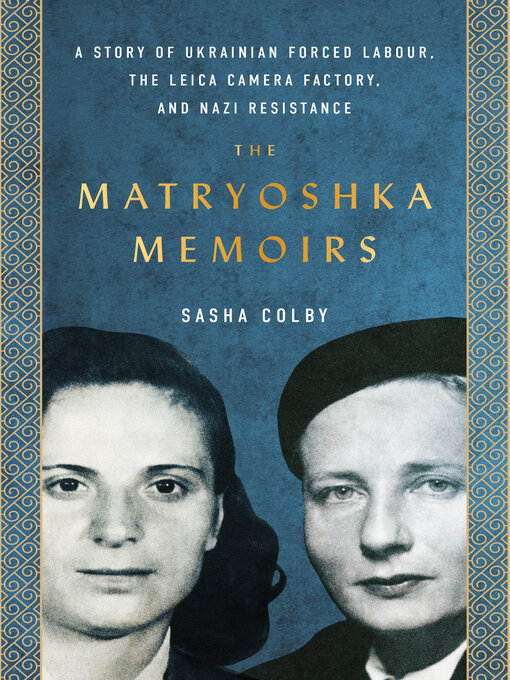A granddaughter explores the story of her Ukrainian grandmother's survival of Hitler's forced labor camps
Irina Nikifortchuk was 19 years old and a Ukrainian schoolteacher when she was abducted to be a forced laborer in the Leica camera factory in Nazi Germany. Eventually pulled from the camp hospital to work as a domestic in the Leica owners' household, Irina survived the war and eventually found her way to Canada.
Decades later Sasha Colby, Irina's granddaughter, seeks out her grandmother's story over a series of summer visits and gradually begins to interweave the as-told-to story with historical research. As she delves deeper into the history of the Leica factory and World War II forced labor, she discovers the parallel story of Elsie Kühn-Leitz, Irina's rescuer and the factory heiress, later imprisoned and interrogated by the Gestapo on charges of "excessive humanity."
This is creative nonfiction at its best as the mystery of Irina's life unspools skillfully and arrestingly. Despite the horrors that the story must tell, it is full of life, humor, food, and the joy of ordinary safety in Canada. The Matryoshka Memoirs takes us into a forgotten corner of history, weaving a rich and satisfying tapestry of survival and family ties and asking what we owe those who aid us.

